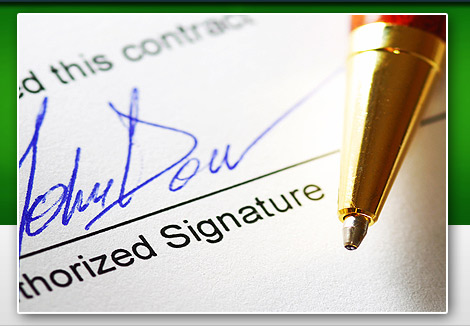Unraveling the “Survive Closing Non Merger” Clause in Real Estate Agreements
In the world of real estate, the process doesn’t end with a handshake – it’s filled with complex jargon and... Read More






